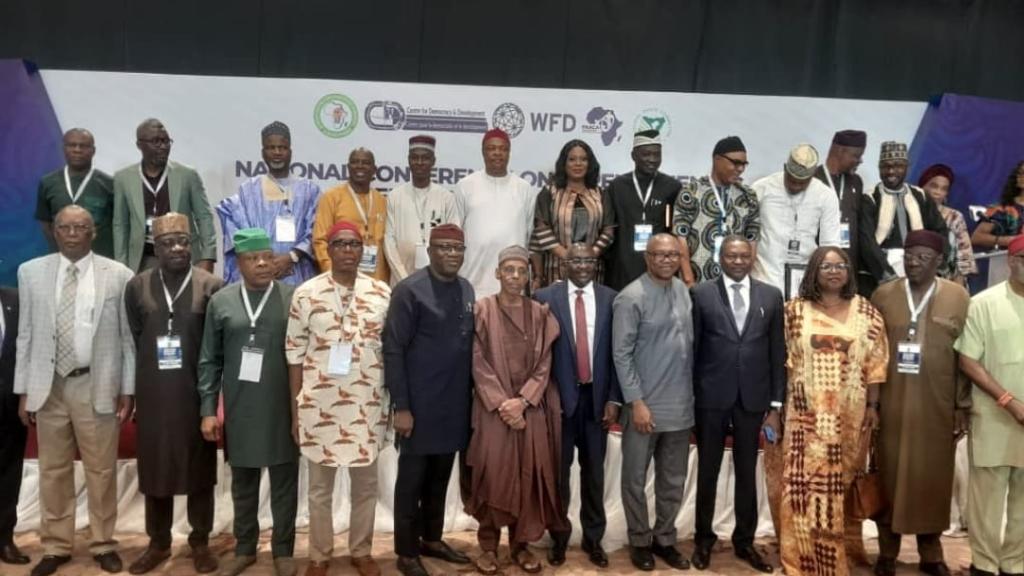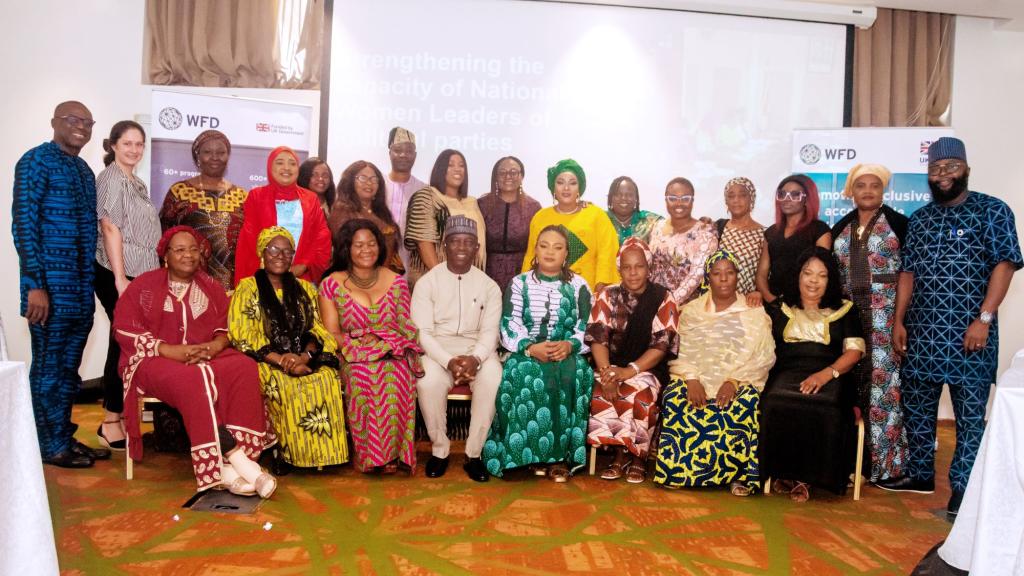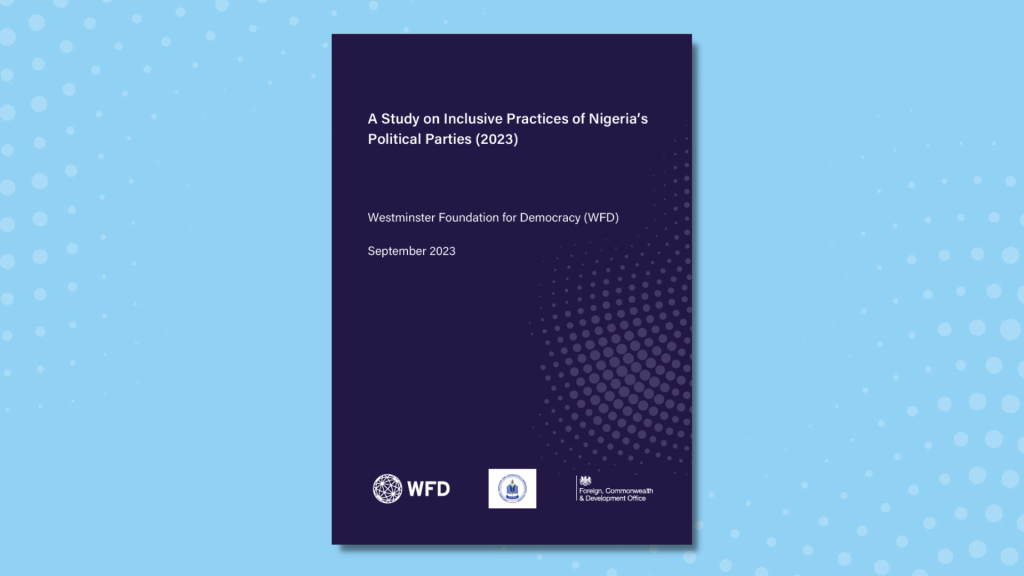The Political Economy Analysis (PEA) on Climate Governance and Inclusion in Nigeria, commissioned by Westminster Foundation for Democracy (WFD), provides a comprehensive assessment of the inclusivity of Nigeria’s climate governance structures and processes.
This report evaluates the extent to which structurally disadvantaged groups, including women, youth, and persons with disabilities, participate in climate-related decision-making.
The study focuses on Nigeria’s varied ecological and geopolitical zones, offering region-specific insights to foster environmental democracy, enhance social inclusion, and improve nationwide policy implementation.
Nigeria faces significant climate vulnerabilities, including severe flooding, rapid desertification, and widespread soil erosion, which threaten its socio-economic stability and the livelihoods of millions. Despite adopting frameworks like the National Climate Change Policy, the National Adaptation Plan, and the Climate Change Act, the benefits of these policies have not been equitably distributed. Weak governance structures, lack of access to justice, and the exclusion of marginalised groups have hindered the effectiveness of these initiatives
The primary objective of this study is to enhance the inclusivity, transparency, and accountability of Nigeria’s climate governance arrangements and processes.
By focusing on structurally disadvantaged groups, the study seeks to improve their representation and active participation in shaping climate-related policies and programs. The study encompasses Nigeria’s six geopolitical and ecological zones, reflecting the country’s diverse socio-political and environmental realities.
The study employed a mixed-methods approach, combining qualitative and quantitative data collection techniques. This includes an extensive desktop review of existing policies, laws, and frameworks, stakeholder engagement through virtual meetings, focus group discussions, key informant interviews, and a national-level validation meeting. The analysis is guided by WFD’s bespoke Environmental Democracy PEA tool, which examines power dynamics, inclusivity, policy effectiveness, and barriers and opportunities for reforms




